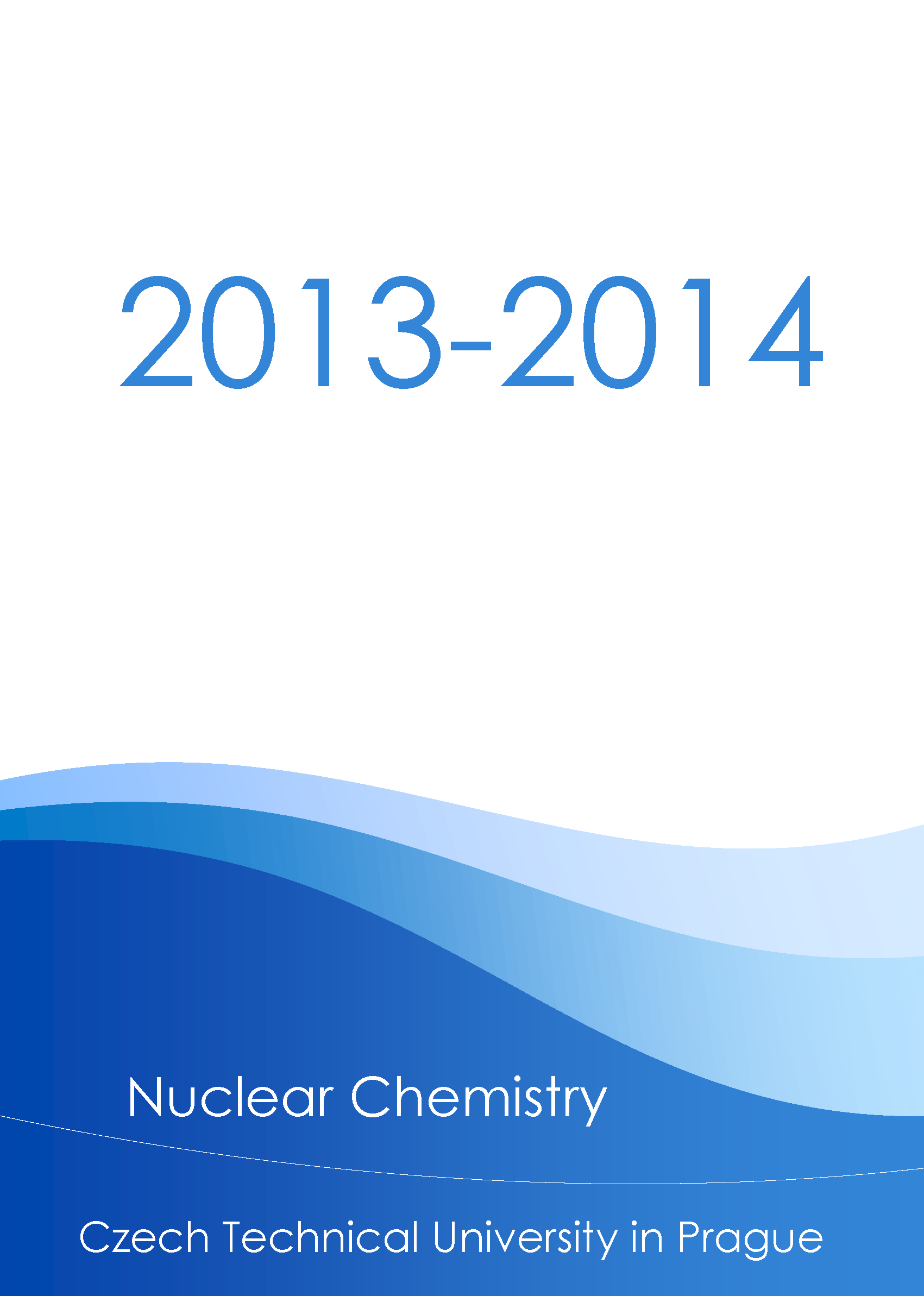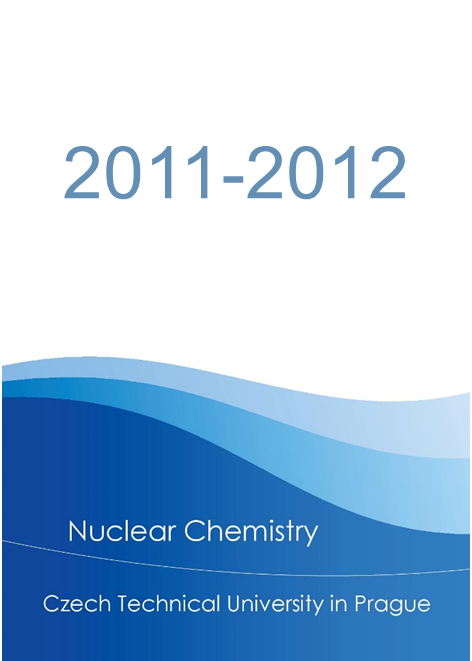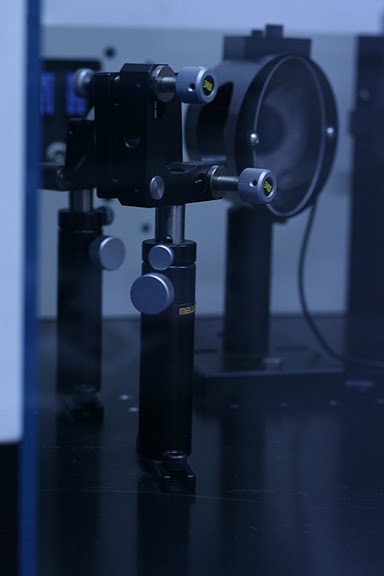Doctoral program for Branch of Nuclear-Chemical Engineering
Doctoral study nuclear-chemical engineering is determined according to which field master's graduates studied. Knowledge is extended, especially in the field of nuclear chemistry, which, in its present form, covers a wide variety of pure and applied research. This includes chemical and physico-chemical aspects of nuclear transformations, as well as approaches to using radionuclides to solve more general chemistry-related problems. Part of the field of radiation also involves the chemistry of reactions initiated or influenced by the absorption of ionizing radiation in the physical environment and their possible uses. Considerable emphasis is placed on techniques for separating radionuclides, nuclear and chemical technologies (including processing and storage of radioactive waste), the occurrence and behavior of radioactive contaminants in the environment and the use of nuclear-based approaches in the chemical analysis of the environment. In this field "non-nuclear" theses may be defended, perhaps those devoted to special issues related to nuclear chemistry, such as trace analysis, the behavior of substances in very low concentrations.
Graduating with a master's degree in chemistry, preferably nuclear, analytical, or physical and passing the entrance examinations in basic chemical sciences and English are preconditions for admission. Basic and applied research provides graduates with the opportunity for creative use of nuclear-chemistry-related techniques in research projects.
In addition to a wide range of research institutes, graduates find employment in many industrial areas involving chemical operations in the nuclear power industry and nuclear medicine, as well as in teaching and research at universities.


















